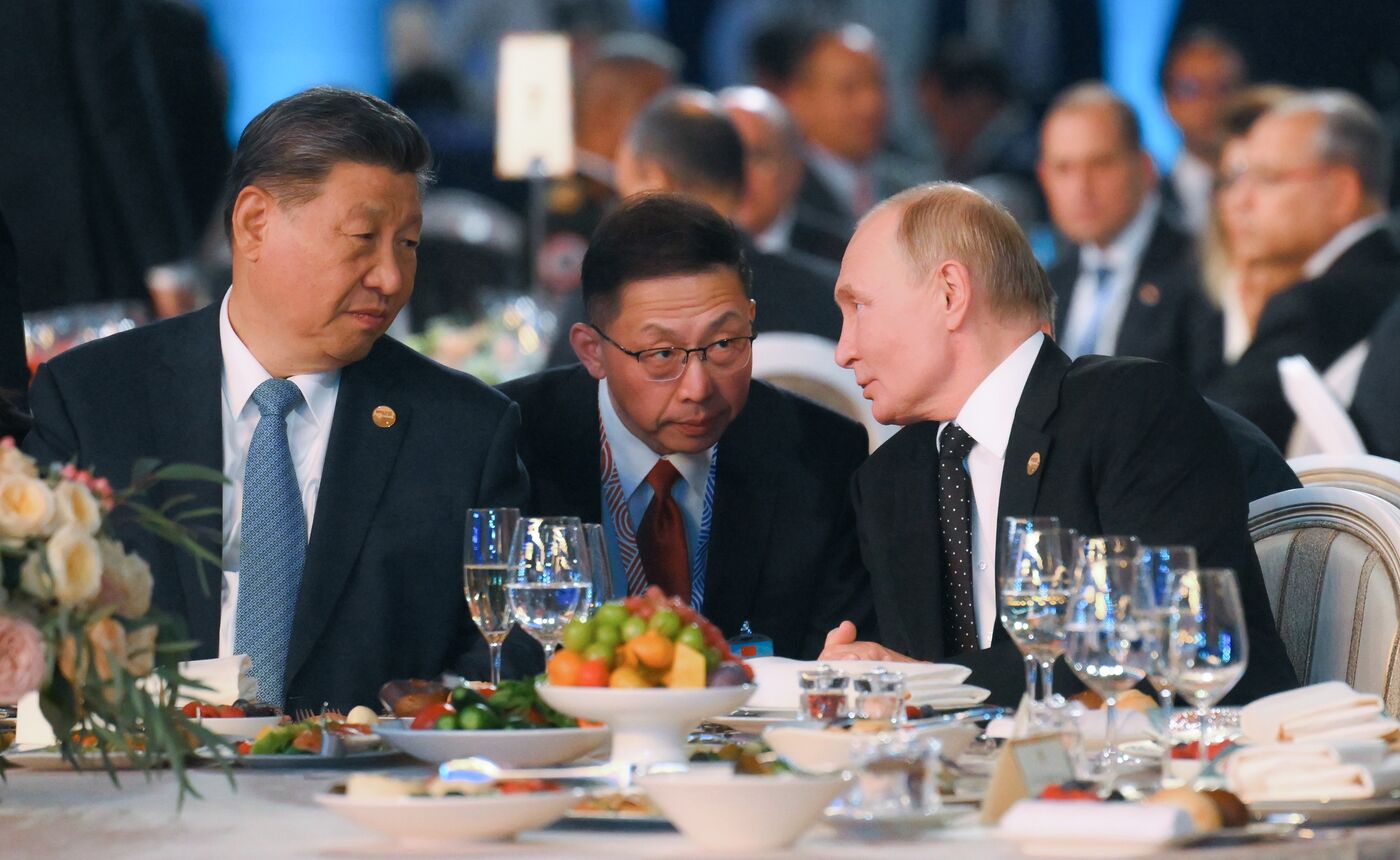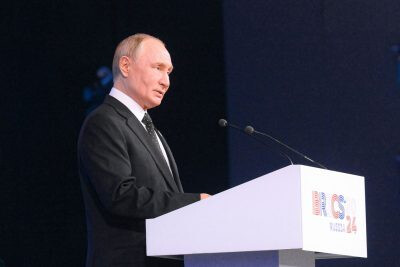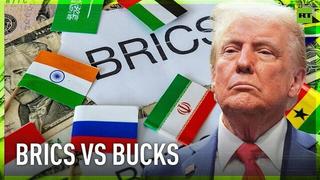The BRICS 16th Annual Meeting in Kazan, Russia – 22-24 October 2024, is history.
Was the summit successful?
Depending on what one looks at and what is considered a success.
At the outset, it was a success, if only because it put issues and differences openly on the table to be disputed and eventually resolved.
The meeting itself did not produce much novelties. For example, many remarkable happenings, dispute resolutions and agreements happened at the margin of the summit or before. Most notably, what did not happen was another expansion of the BRICS alliance.
Since the 2023 BRICS summit in Johannesburg, when Egypt, Ethiopia, Iran, and the United Arab Emirates (UAE) joined the five original members, Brazil, Russia, India, China, and South Africa, no new members have joined. However, two more nations that were invited in Johannesburg in 2023 to become members – Argentina and Saudi Arabia – have either declined (Argentina), or, so far, not acted on becoming a member (Saudi Arabia). In fact, Saudi’s acting ruler, crown prince Mohammad bin Salman, was among the notable absentees in Kazan.
Could it be western pressure – by Saudi’s western hydrocarbon clients and military supporters?
BRICS internal rifts or disagreements concern accession conditions for new members. Missing is also a common set of internal rules that would lend the alliance stability and credibility vis-à-vis the outside world.
The BRICS also lack a common Secretariat and common guiding principles on policies of trade, economic and military cooperation.
For a new member to be accepted, it needs the unanimous support of the existing members – currently nine.
For example, Venezuela is an eager candidate to join the Club, but was vetoed by Brazil, for reasons that have more to do with the two countries’ bilateral relationship than with the enlargement of BRICS.
Such bilateral conflicts do not help the group’s coherence and credibility, the so far most important Global South organization.
Already in September 2024, Turkey had expressed her interest in joining the BRICS and did, indeed, apply for membership. Turkey would be the first NATO member to join the BRICS; yet, so far, her accession has been stalled.
Although, Mark Rutte, the new NATO chief, when recently questioned, did not object at all, saying that Turkey was a sovereign country and could join the BRICS alliance on her own free will. He added that Turkey would nevertheless remain one of the most important NATO members.
Perhaps Turkey’s NATO membership was a thorn in the eyes of some Global South states. However, India, not a de jure NATO member, has close relations with NATO and the US. Yet, India is a founding member of the BRICS. Perhaps the perceptions have changed since the 2006 formation of the alliance.
Image: President of Russia Vladimir Putin, right, and President of the People’s Republic of China Xi Jinping, left, during the official reception of the 16th BRICS Summit. (Alexey Nikolskiy / Photohost agency brics-russia2024.ru)

Mr. Putin said that there are some 30 countries that wanted to join the BRICS, among them most notably Azerbaijan, Algeria, Vietnam, Indonesia, Pakistan, Malaysia, Nigeria, Thailand, Venezuela, Palestine, DR Congo, Gabon, Bangladesh, Bahrain, Kuwait, Senegal, and Bolivia.
On the other hand, Kazakhstan, Russia’s largest neighbor in Central Asia, was invited by Russia to join the BRICS, but in a last-minute decision opted not to join. Russia was not only surprised, but not pleased at all for this abrupt decision, and promptly banned imports of a range of agricultural products from Kazakhstan in retaliation.
According to the Oil & Gas Journal (OGJ), Kazakhstan has proven crude oil reserves of 30 billion barrels, 2nd largest endowment in Eurasia after Russia, and the 12th largest in the world, just behind the United States. With 172 oil fields, Kazakhstan possesses 3% of global oil reserves, putting it among the world’s top dozen countries in terms of oil deposits.
Could it be that Kazakhstan reacted to some pressure, possibly blackmail, from western oil customers?
Perhaps one of the most important conflict resolutions at the margins of the meeting happened during a face-to-face dialogue between PM Narendra Modi of India and China’s President Xi Jinping, the first in five years.
Just a few months ago, tensions between New Delhi and Beijing were intense enough for Mr. Modi to decline participation in the summit of the Shanghai Cooperation Organization (SCO) in Astana, Kazakhstan. Yet, the two countries have now reached a deal over their longstanding border dispute.
The two most populous and, in terms of GDP, economically most powerful members of the BRICS coalition have not only an opportunity to rebuild their relations, but also to create a building block to help overcome BRICS disagreements.
Continues.
 BRICS: UAE Becomes Russia's Strongest "Strategic" Trade Partner in Middle East, South-South Growth
BRICS: UAE Becomes Russia's Strongest "Strategic" Trade Partner in Middle East, South-South Growth





